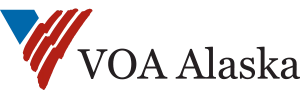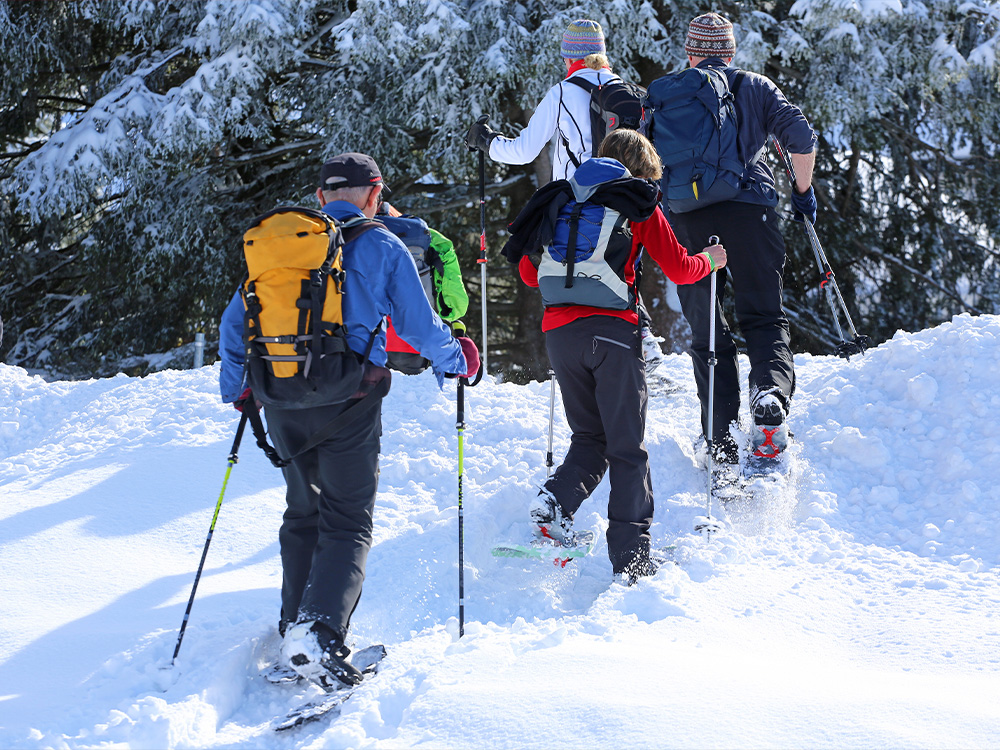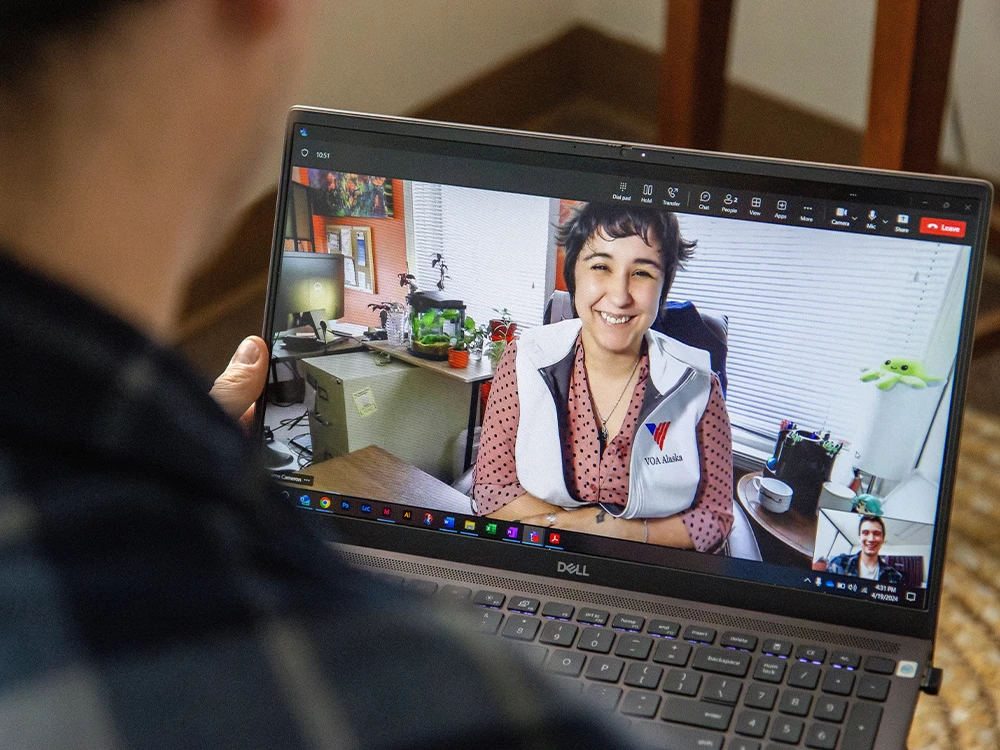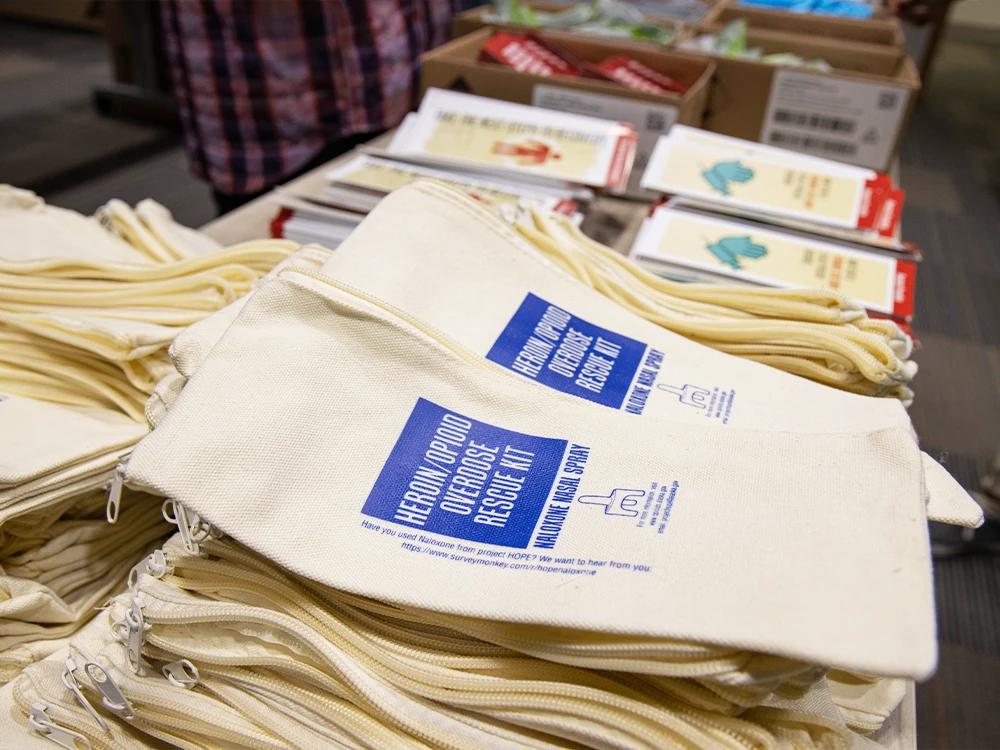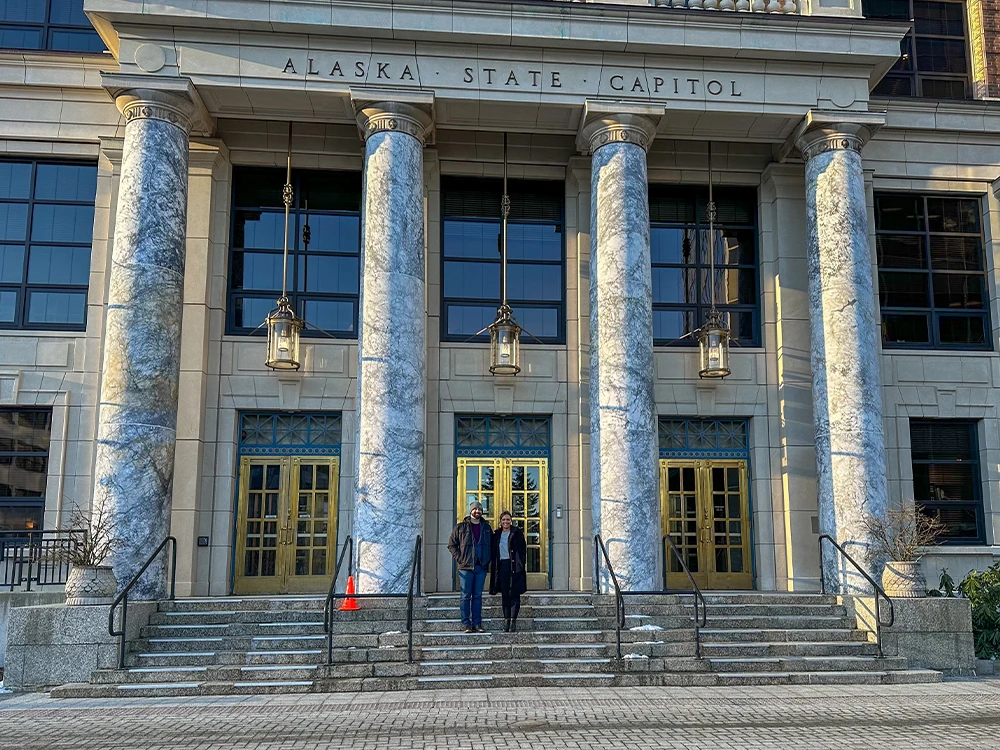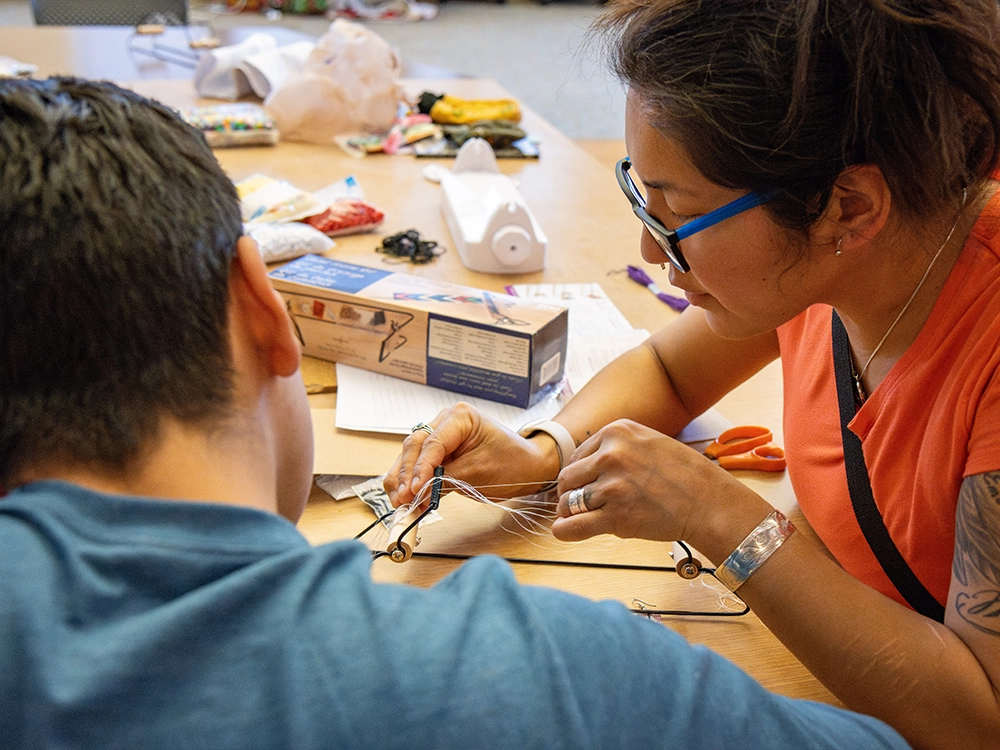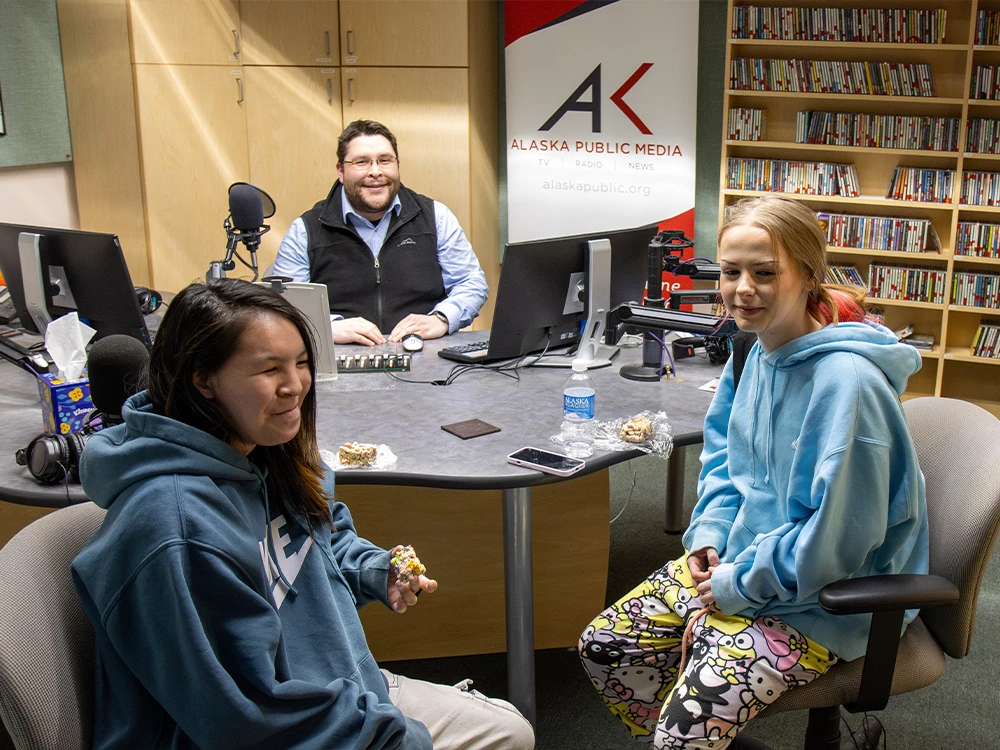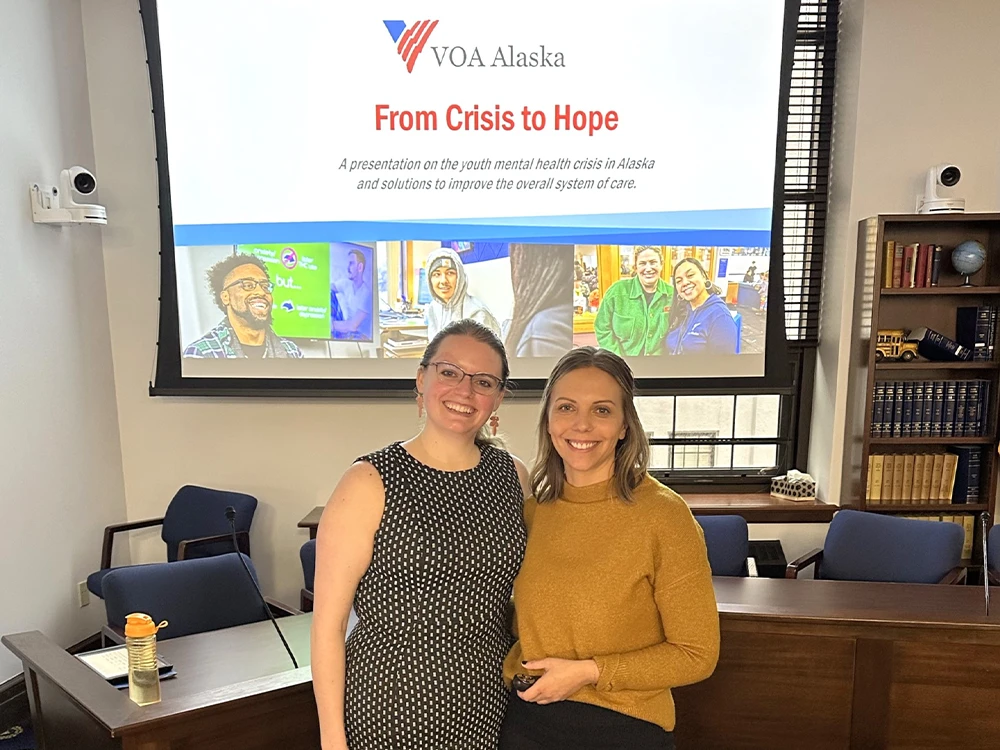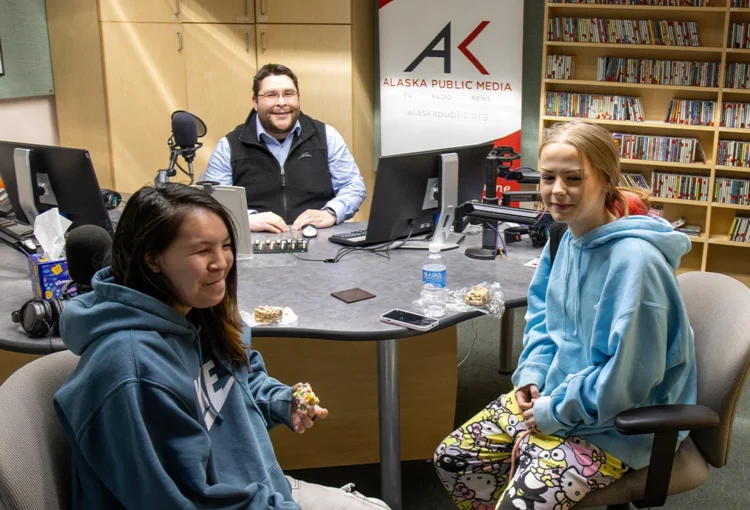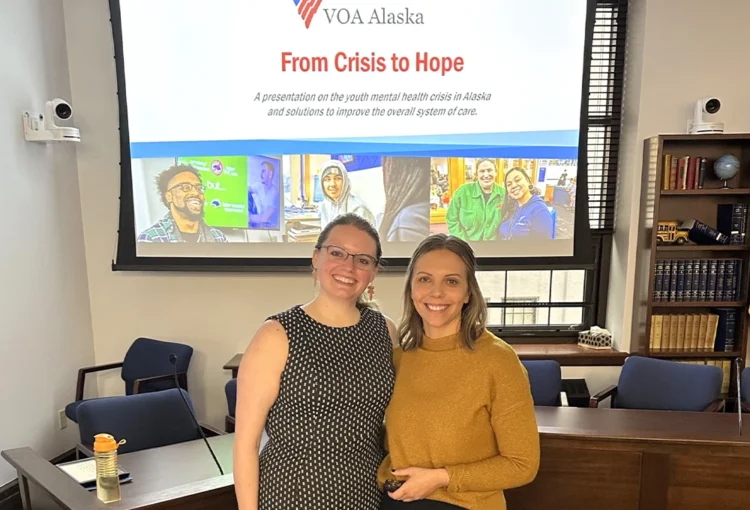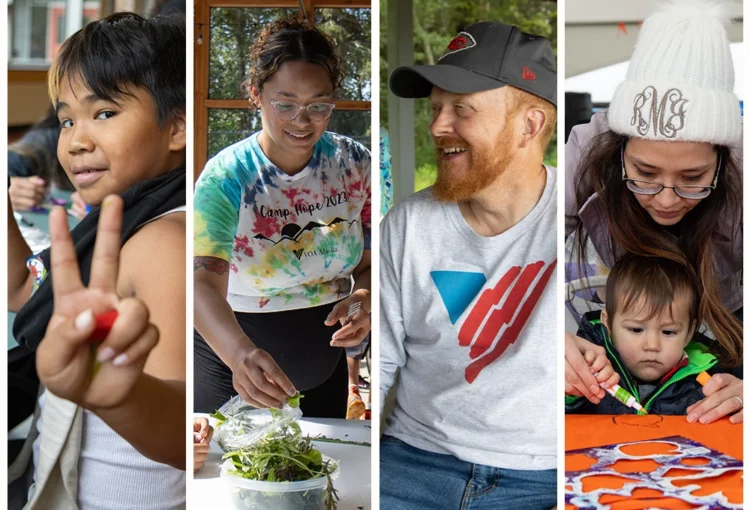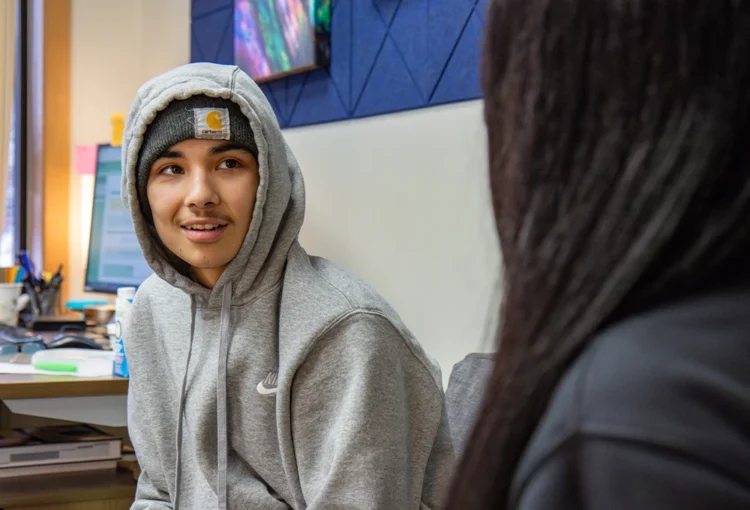IN THE NEWS | Anchorage Daily News – Op-Ed by Dr. Lisa Lindquist, VOA Alaska Board of Director, and Sherrie Hinshaw, President & CEO
Imagine you’re on a group hike, hunt, or other great Alaska adventure and a member of the team breaks their leg. The entire crew would rally around that person to ensure they received the care they needed. The injured likely wouldn’t have even needed to ask for help; their pain would be clear and providing whatever assistance was needed would be an automatic instinct for the others.
But what if their injury wasn’t so obvious? What if they were embarrassed to bring attention to it or thought it wasn’t so serious? They don’t want to slow down the group, so they hobble along as best as they can, biting their tongue, hiding their discomfort. Or what if they did ask for help and they were told to ignore it, that it’s not so bad, that it’ll go away on its own?
When we think we have the tools and support to survive and thrive in our own adventures, when the barriers to accessing help don’t affect us, it can be hard to put ourselves in another’s shoes. But when you shift this from wilderness injuries to mental health and well-being, the data is revealing that people, especially youths, are not finding the help they need.
